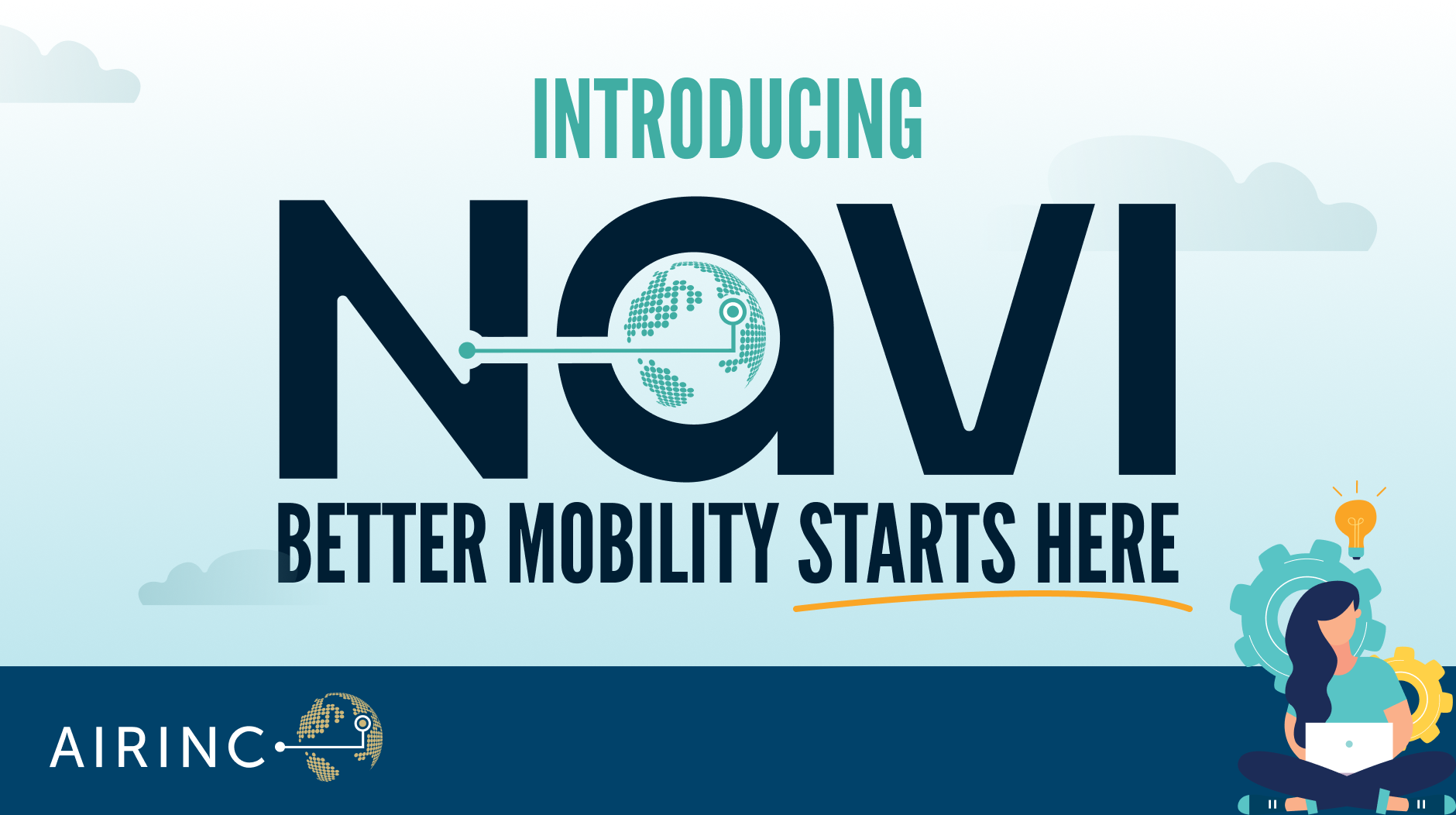In Global Mobility, we’ve seen time and time again that proactive engagement is often key to a successful assignment. We promote that stakeholders engage with Mobility early to ensure that the right assignment type is selected, but the road goes both ways: Mobility also needs to engage with their partners to ensure that any compliance risks are minimized. While this is true for immigration, it’s certainly true for tax as well. Too often, mobility teams find themselves reacting to tax challenges after an assignment has been launched, a contract signed, or a candidate relocated. The result? Compliance gaps, unexpected costs, and frustrated stakeholders.
Early engagement with tax is critical because global tax issues are rarely black and white. The nuances of tax residency, social security coverage, equity treatment, and local compliance obligations are influenced not just by location, but by timing, duration, visa type, compensation structure, and more. While many Mobility practitioners are knowledgeable about the fundamentals of tax compliance, most are not full experts for every tax jurisdiction their program operates in. By bringing tax into the conversation early (ideally at the planning stage), Mobility can become aware of risks and opportunities that they might not have otherwise considered. That early insight can shape the assignment package, inform the right policy approach, and flag jurisdictions where permanent establishment risk or payroll obligations could trigger unwanted attention.
Here’s a simple framework to help teams align on the right moments to loop in tax:
- Talent Identification or Assignment Planning
Tax can assess feasibility for the proposed locations and flag any high-risk jurisdictions. For project-based work, they can help model short-term travel impacts or outline required tracking mechanisms.
- Offer/Letter of Assignment Development
Before anything is signed, tax should weigh in on potential social security coverage, hypothetical tax rates, trailing liabilities, and any necessary shadow payroll or reporting requirements. This is also the moment to model the cost of tax equalization or protection, if applicable.
- Pre-Move Briefing
Include tax in pre-departure conversations with employees to cover filing requirements, timing of reimbursements, and documentation needs. A well-informed assignee is less likely to miss deadlines or run into trouble.
- During the Assignment
Tax may need to revisit filings if circumstances change, like in the case of extensions or early repatriations. Shadow payroll monitoring and reconciliation are also critical, both from a financial and compliance perspective.
- End of Assignment and Repatriation
Year-end filings don’t always align neatly with assignment end dates. Be sure tax is prepared to manage the transition, especially for employees with foreign tax credits, equity events, or trailing liabilities.
Ultimately, early tax engagement isn’t just about compliance; it’s about enhancing the strategic value of global mobility. When tax is brought to the table early, it empowers mobility to make smarter decisions, manage costs more effectively, and create a smoother experience for both the business and the employee.
Next time you’re asked to support a cross-border move, ask yourself: Have we talked to tax yet?


%20(19)%20(1).jpg)

%20(20).png)

%20(77)%20(1).png)

